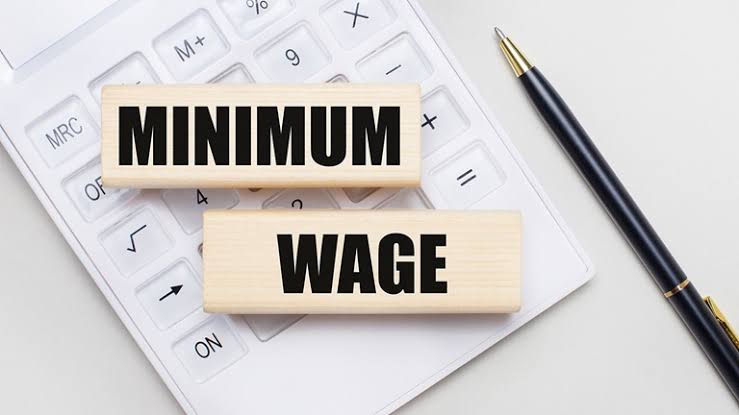The Federal Government has commenced payment of the ₦70,000 minimum wage for civil servants, marking a significant salary adjustment across all levels. This new wage affects over 1.2 million workers on the government’s payroll, as detailed in a warrant signed by the Accountant-General of the Federation, Dr. Oluwatoyin Madein. The breakdown reveals that public servants on the Consolidated Public Service Salary Structure (CONPSS) will earn salaries ranging from ₦930,000 to ₦6.9 million annually, depending on their grade levels.
Civil servants on grade level one will now earn ₦930,000 per annum, while those on level 17, the highest position reserved for permanent secretaries, will receive ₦6.9 million. Adjustments also account for step increments within each level, where salaries progressively rise with each step. Read full breakdown of revised salary structure
The Director of Press at the Office of the Accountant-General, Bawa Mokwa, confirmed that the payment began in September, though no updates were provided regarding the payment of arrears. A civil servant also corroborated this, noting that some workers had already started receiving the new wages.
The updated salary structure was detailed in a document from the National Income, Salaries and Wages Commission. It shows that the government will spend approximately ₦4 trillion annually on salaries for its workforce, with about ₦334.9 billion allocated each month. This move comes after a committee set the implementation date for July 2024, following negotiations between President Bola Tinubu, the Nigeria Labour Congress (NLC), and the Trade Union Congress (TUC).
Labour leaders have urged other employers to follow the government’s lead in implementing the new wage. Benson Upah of the NLC and Tommy Etim of the TUC emphasized the need for all organizations to comply with the new salary structure.
However, not all reactions have been positive. A grade-level 12 civil servant expressed dissatisfaction, calling the increase insufficient to address the current economic challenges. Pensioners in the Southwest have also called for a renegotiation, demanding a ₦250,000 minimum wage to reflect the rising cost of living, particularly following fuel price hikes. The Nigeria Union of Pensioners (NUP) expressed disappointment, accusing labour leaders of naivety during negotiations.
On the private sector side, concerns have emerged over the government’s threat to jail companies that fail to comply with the ₦70,000 minimum wage. Dr. Ikenna Nwosu, a facilitator with the Nigerian Economic Summit Group, argued that without legal backing, no one could be imprisoned for non-compliance. He also noted that enforcing such a wage across diverse sectors, including small businesses and petty traders, could lead to significant challenges.
Leaders from business organizations, such as the Nigerian Association of Chambers of Commerce, Industry, Mines, and Agriculture (NACCIMA) and the Manufacturers Association of Nigeria (MAN), have expressed concern over the feasibility of paying the new wage in the current economic climate. While larger companies may be able to comply, small and medium enterprises (SMEs) may struggle, potentially leading to staff layoffs or closures.
Despite these challenges, the MAN has affirmed its support for the wage increase, noting that higher disposable income for workers could stimulate economic activity. However, they have also called for government support, particularly for smaller businesses that may find it difficult to meet the new wage requirements.
This article is sourced from The Punch newspaper, with minor edits and adaptations by The Spectacles for clarity and readability.
